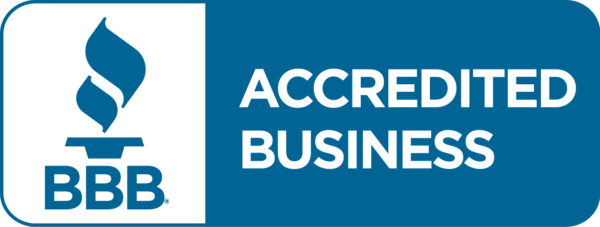Maintenance – don’t be penny wise and pound foolish!
One of the things we see over and over again on properties in poor condition is the desire on the part of owners to save a few dollars – but which in the end cost even more as problems grow larger. We can usually tell from property operating statements owners interested in keeping a property well maintained from those who pinch pennies and is usually confirmed when we follow along with the site inspections…
It’s important for owners to recognize the long-term impacts of avoiding immediate repairs or just doing as little as possible to mask the problem. As an example, roof repairs. Many times owners will do least amount of effort required to fix a leaking roof despite knowing that the roof is likely in need of replacement. Doing the simple patch work does two things: it avoids the larger job (which will need to be done in any event) and actually increases those maintenance costs over time as you typically see those repairs occurring year after year. In other words, a roof replaced in 5 years might actually cost more not only due to rising costs, but having to add in all the intermediate ‘patch’ jobs into the cost. And that is only one example of dozens you can think of around a property.
Then there is the subtle and not calculable cost relative to tenants. When tenants see that an owner doesn’t care about proper maintenance, they in turn care less about maintaining their own units. And as they care less, now an owner is spending more time and money making repairs to those units. Once again you have a situation of spending more by thinking you could spend less. Further, if you want to attract a better quality tenant then it’s important the property shows as one with an attentive owner. We have seen over the years how not taking this approach can actually take a class A property and make it a C property (both in condition and tenant profile) in very short order (12-24 months).
As such, our suggestion is always take a longer term view to maintenance repairs and turnover costs. That does not mean turn a property into the Taj Mahal. But it does mean staying ahead of maintenance issues so small problems don’t become large capital expenditures and the property just looks nice.
We understand this is a deep issue and really warrants more property specific discussion. As such, we’re happy to go over any specific situations or questions directly via email or phone. Please feel free to reach out anytime.


